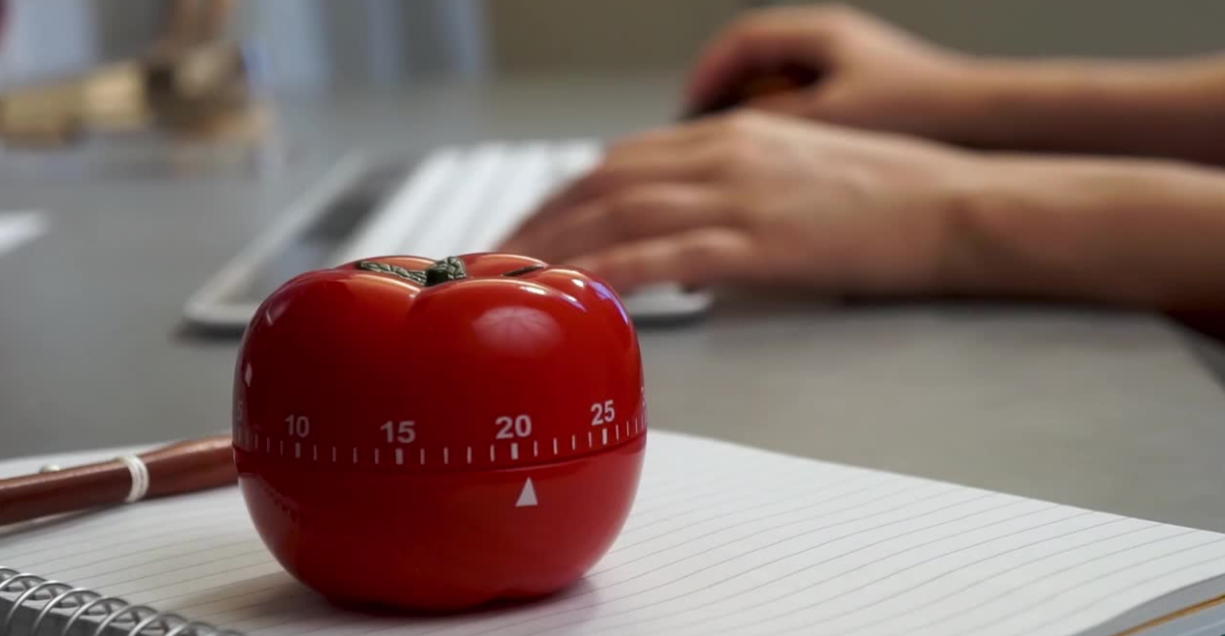Renée Elizabeth Mineart
‘Renée’s writing is creative, engaging and she writes from her experiences. Easy to work with, communicates well and professional with deadlines. Despite only working with Renée for a few years, she has quickly become one of my-go-to writers! We appreciate her unique writing approach to bringing in new content for our blog page and her work really does speak for itself.’ – Eve Lister, Marketing Executive at nFocus Testing.
Overview of Technical Testing
This week's blog comes from our guest writer, Renée Mineart.
One of the first lessons taught in every writing class I’ve ever taken is the concept of “show, don’t tell”.
When writing a bit of prose, you always want to show the reader what is happening in a scene as opposed to a short summary telling them what happened. “Bob fell out of the tree” isn’t nearly as impactful as “Bob put his full body weight on the branch beneath his hand as he planned the next stage of his climb but the branch was unable to support his weight."
Read More
Topics:
Software Testing,
Test Teams,
communication
Introduction to Software Quality Challenges
This week's blog comes from our guest writer, Renee Mineart.
I am often (far too often if you ask me) heard saying to my colleagues the phrase, ‘should is my favourite IT word’.
I normally say this right after someone in development or on a technical team says to me, ‘we’re going to apply this patch and everything should be fine. The customers should not experience any issues.’ or when saying ‘once we’ve installed this new software, the users will just need to reboot and everything should work better than before.’
Read More
Topics:
Software Testing,
Software Failures,
Software Test Process
The Impact of App Access on User Experience
I have an app on my phone that I am required to use as part of a medication I take for preventing migraines, something I unfortunately get a lot of. This app tracks my migraines, the medicines I take, triggers, side effects, etc. It also sends a regular report to the Neurologist at my hospital so they can monitor the effectiveness of the medication. Sounds pretty cool, right?!
Read More
Topics:
Software Testing,
App Usability Testing,
User Acceptance Testing
The Ultimate Goal: Achieving Success
"Why should we care about Software Testing?" is a common question asked of software testing, especially in companies that are becoming more mature in their software development. Perhaps when the company was only managing one or two small websites, testing wasn’t a major consideration and developer testing was adequate. However, as the sites grow and the company starts to develop more advanced applications, then testing needs to become more of a priority.
Read More
Topics:
Software Testing,
User Acceptance Testing,
Web Accessibility
Addressing Concerns: Potential Downsides of No Code Development
Way back when I was learning to use computers and write my first code, we interfaced with our computers via the command line and wrote our code in BASIC. I even remember saving my programs onto cassette tapes before my school upgraded to the much easier to use, 5-1/4” floppy disks.
This was before the concept of a mouse and long, long before the Graphical User Interface was a thing. It wasn’t quite the dark ages but if that’s the image you are conjuring up, you’re probably not far off!
Read More
Topics:
Software Testing,
Technology,
User Acceptance Testing
The Office Comeback
My normal weekend routine is to get up early and make a large coffee. Then I crawl back into bed with my iPad and start writing. In addition to this blog, I’m also working on two novels, so I rather enjoy the peace and quiet of weekend mornings to hammer out as many words as I can on my various projects. However, as a writer, I’m also an expert procrastinator (comes part and parcel with the job title) and my procrastination tool of choice this morning, was sleeping in late followed by a McDonalds!
Read More
Topics:
Software Testing,
User Acceptance Testing,
Returning to the office
An Agile Way of Working
If you’re able to work from home, then you have probably been working from home for some time now. You probably have mastered a daily routine, have adjusted your work/life balance and are used to attending meetings in jogging bottoms and bedroom slippers!
But then, someone like me comes along and asks if you know what a ‘Pomodoro’ is and how it may help you improve your work time. The Pomodoro Technique is a very simple technique to learn, incredibly quick and easy to apply. All you need is a pencil, paper and a timer then you’re ready to go!
Read More
Topics:
Software Testing,
Time Management,
Agile Testing
Adapting to Changing Work Environment Expectations
Our guest writer, Renée Mineart explores how and where we work has changed. There has been a lot of discussion lately at work about returning to work or perhaps I should say returning to the office and considering the new lockdown exit plan announced recently, I imagine a lot of you are thinking about this as well.
In fact, the topic came up in a department-wide meeting this week and our Head of IT said something really interesting:
“Work should be something we do, not somewhere we go.”
I thought that defined work really rather well.
Read More
Topics:
Software Testing,
Remote Working,
Returning to the office
Legacy and Recognition: Turing's Impact on Science and Society
Continuing with the theme of legendary people in world of computer development, we have Renée Mineart back with a blog about Alan Turing. If you haven't read it yet, check out her blog on ‘Pioneering Coder Grace Hopper’.
I’ve always wanted to write a piece about Alan Turing (1912-1954), another hero of mine in the development of computers and this seems the perfect month in which to do so.
Read More
Topics:
Software Testing,
Workplace Diversity,
Computer Programmers
How to Find Joy in Problem Solving
A special thanks to our guest writer, Renée Mineart for writing this blog article.
Someone asked me recently what I enjoy most about being a Developer and Tester, and I thought what a great topic for a blog!
So, here we are…
For me, pretty much everything I do comes down to one of two motivations: either creating something new or solving a problem. Often, the thing I’m creating is designed to solve a problem, so most things really come down to solving problems, which is one of my passions in life.
Read More
Topics:
Software Testing,
Problem Solving,
Tech Roles

















.png)
